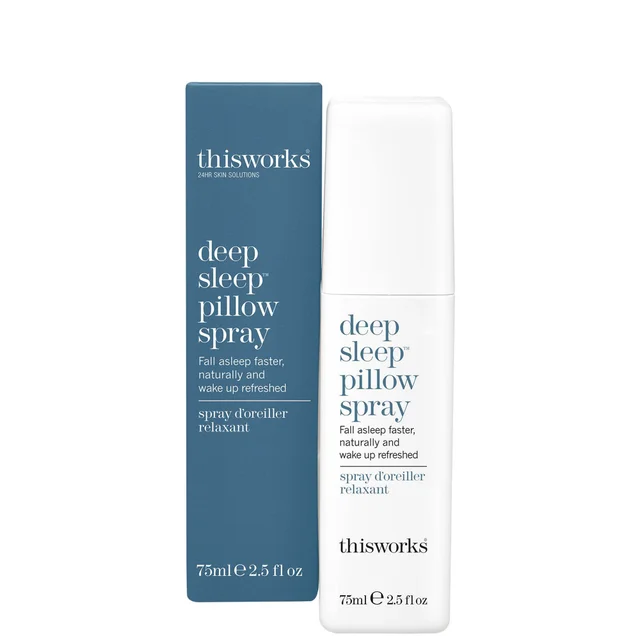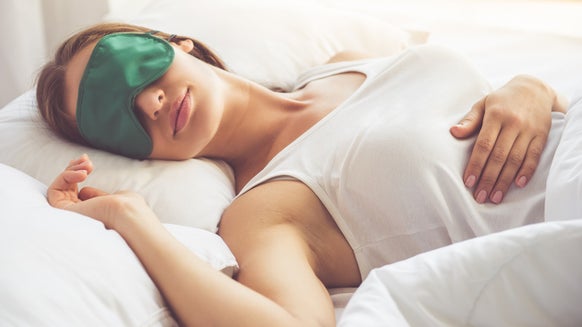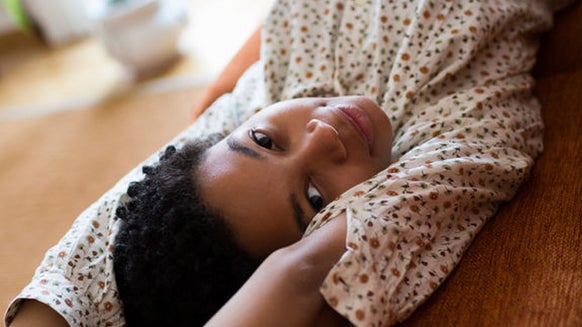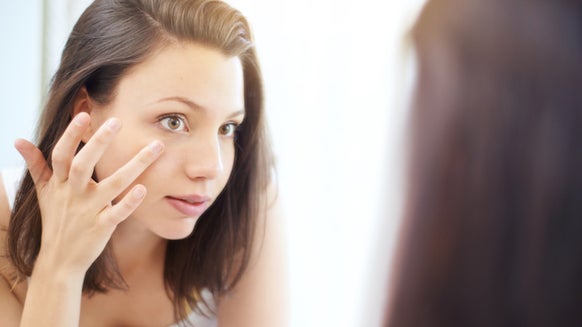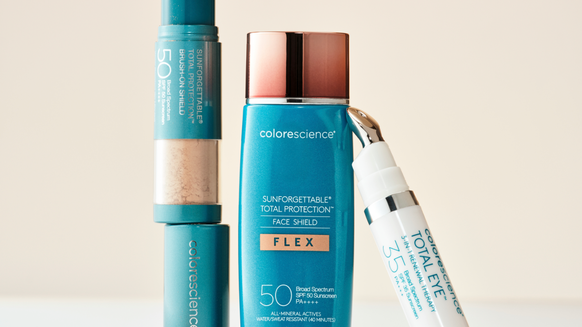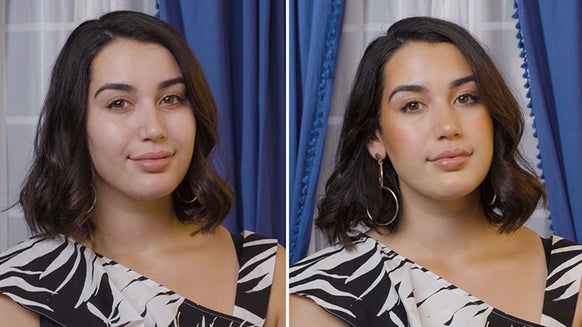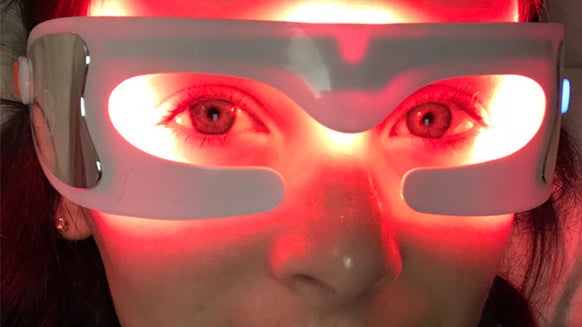Why Am I So Tired All the Time? 6 Possible Causes
You wake up early, go to the gym, work all day and come home late—it’s only natural that you’re tired. What about those lazy days, though, when you’re sleepy but don’t know why?
If you find yourself chronically fatigued without a clear-cut cause, you’re not alone. In the US, an estimated 50–70 million adults suffer from trouble sleeping. There are various explanations for excessive sleepiness, from the obvious to the not so obvious, from the physical to the psychological. We asked Anina Terry, Seattle-based family nurse practitioner, to help us get to the bottom of this epidemic of exhaustion.
1. Lack of Sleep
It’s no secret that lack of sleep leads to sleepiness and this can make for a rough day (although there are ways to combat exhaustion). As Terry sees it, lack of sleep can be separated into three categories: difficulty falling asleep, difficulty staying asleep and non-restorative sleep.
With trouble falling asleep, she says, “Anxiety over sleep or poor sleep hygiene” can be the cause. “The body needs a schedule to fall asleep and wake up at the same times,” so Terry recommends healthy sleep hygiene: standard bedtimes, no phone or TV before bed and no medical sleep aids. Difficulty staying asleep can be related to mental health issues or mechanical reasons like waking up to urinate at night.
Non-restorative sleep (or lack of R.E.M. sleep) is commonly “a side effect from the use of substances like alcohol or benzodiazepines.” Terry reminds us, “Most drugs, even sleeping medications that ‘make us sleepy and help us sleep’ actually prevent restorative sleep.” Remember, there are many ways to effectively fall asleep without medication.
2. Sleep Disorder
There are more than 70 types of sleep disorders. The most common are insomnia (difficulty falling asleep or staying asleep), sleep apnea (disrupted breathing), movement syndromes such as periodic limb movement disorder and narcolepsy (extreme sleepiness or falling asleep suddenly throughout the day). Each disorder has unique treatment options. Terry says, “See your primary care provider if there is suspicion of a physical condition like sleep apnea or insomnia.”
3. Anemia
4. Thyroid Disease
An over-functioning or under-functioning of the thyroid gland, thyroid disease is genetic and can cause major fatigue. The thyroid is a small gland at the base of the neck which controls metabolism, and metabolism is directly related to how the body converts fuel into energy. Along with tiredness, Terry explains that people with thyroid disease “often experience other symptoms like weight change as well as hair, skin and nail changes.” Treatments include thyroid hormone replacement, medications and surgery.
5. Mental Health
6. Poor Diet
A poor diet can lead to fatigue as our bodies rely on the nutrients and energy we get from food. We can be sustained or completely drained depending on what and when we eat (see also: the crash after a sugar high). If you have food sensitivity, this may also cause sleepiness. Excessive alcohol intake or drinking alcohol at night can disrupt sleep. Additionally, dehydration can lead to lethargy. A balanced diet is key—maintain normal blood sugar levels by eating healthy and snacking often (your body needs the fuel). And stay hydrated (your skin will thank you, too).

From the latest hair and makeup trends to the best solutions for your skin issues, we've got all your beauty concerns covered!
